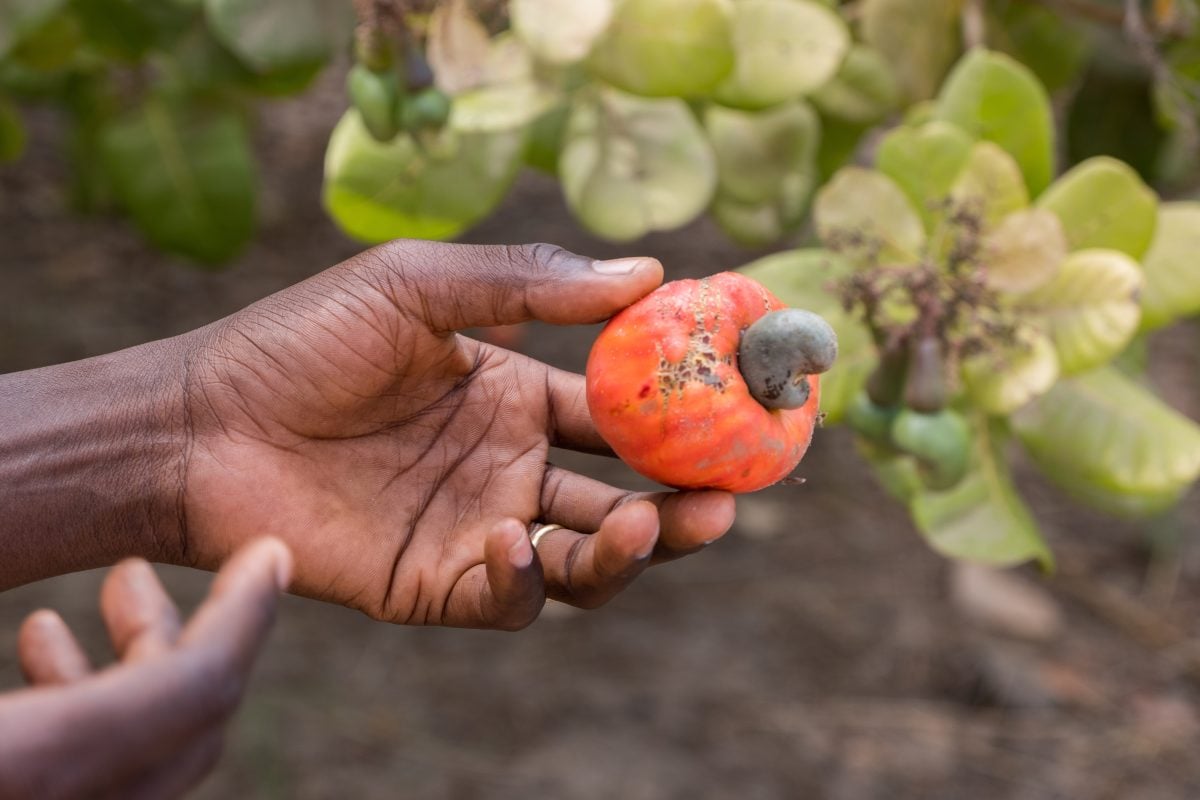Africa is giving away economic opportunity that it can ill afford to lose – namely the profit, economic development, and jobs it could be bringing home if the continent had the capacity to process even a quarter of the primary food products it exports onto world markets. Instead, by exporting millions of tonnes of low-value, primary agricultural commodities every year, Africa passes value-generating opportunity to other countries who have invested in the means to process and transform raw product.
The potential value that could be captured if Africa could extract more value from its own product is significant: the United Nations Conference on Trade and Development (UNCTAD) UNCTAD estimates over $1.8bn of untapped export value exists in the manufactured food sector in the African Continental Free Trade Area (AfCFTA). Others see opportunity closer to home, noting that with the highest population growth rates in the world and rapid urbanisation, dietary demand for higher-value processed foods is growing keenly within Africa itself.
If the continent’s food processing sector is unable to respond to clear trends and opportunities in both external and domestic markets, it is giving away its own opportunities for agricultural transformation, to create higher-value jobs in the mid-stream of value chains and to increase the availability of healthy foods for its citizens in an era of worsening malnutrition.
Take a sector such as cashew – currently experiencing booming global demand as rich-world diets become less dependent on dairy products and animal proteins. The continent produces 60% of global raw cashew. Many African producer countries have the potential to scale-up production – Côte d’Ivoire has been successful in doubling its production volumes over the past decade.
Yet, the continent gives away the opportunity to reap maximum value, processing less than 10% of its own product and exporting the vast majority of raw cashew nut to Vietnam and India, the world’s cashew processing giants transforming around 90% of global raw cashew. This is despite West Africa’s proximity to the growing European market, which gives it competitive advantage over Southeast Asia on transport costs. It is also despite the duty-free access to the US market that many sub-Saharan African countries enjoy, facilitated by the African Growth and Opportunity Act (Agoa).
What isn’t happening
While there is some evidence of increased processing investment taking place on the African continent, this is not happening at anything like the scale required. One of the key challenges facing investors is that the African food manufacturing sector is dominated by small and medium-sized enterprises (SMEs) with relatively low productivity due to low levels of automation and mechanisation.
To grow and formalise into high-productivity operations, firms need assistance to develop their capacity for innovation, to access knowledge transfer from abroad and sources of patient capital. Modern processing capability requires the introduction of digitisation processes to improve product traceability and the ability to demonstrate compliance with international quality, food-safety and labour standards. All of this needs to be fostered through a dedicated industrial strategy and investment-friendly policy environment.
In cashew processing, we are seeing the government of Côte d’Ivoire put in place the building blocks of an industrial strategy to build domestic production capacity. The strategy includes state investment in vocational training centres to upgrade skills along the value chain. It includes the creation of a body dedicated to the sector’s regulation and development, and the establishment of four World-Bank financed industrial parks with large-scale processing capacity ready to be leased to investors and operators. Côte d’Ivoire has a one-stop shop to simplify investment processes and publicly finance for research and development for local manufacture of processing equipment.
Crucially, the strategy addresses improving investor incentives, introducing time-limited exemptions for investors from customs duties, corporate tax and VAT on imported processing equipment. Finally, to stimulate the development of the fledging industry, the government has both placed limits on the permissible export volumes of raw cashew and has introduced payment of subsidies for locally processed cashew, increasing the margins for domestic processors.
These issues will be front of government and investors’ minds when they meet this September in Côte d’Ivoire to visit the new Korhogo agro-industrial park and the Yamoussoukro vocational training centre, landmark elements of Côte d’Ivoire’s industrial policy framework.
Already, Côte d’Ivoire is seeing improvements in domestic processing volume. In 2022, Côte d’Ivoire was domestically processing 22% of the raw cashew it produces, up from 6% in 2016. If neighbouring governments could introduce similar industrial strategies tailored to support value addition across the continent, the gains being demonstrated by Côte d’Ivoire could represent the beginning of an African agricultural transformation.
Read more about African agriculture
Want to continue reading? Subscribe today.
You've read all your free articles for this month! Subscribe now to enjoy full access to our content.
Digital Monthly
£8.00 / month
Receive full unlimited access to our articles, opinions, podcasts and more.
Digital Yearly
£70.00 / year
Our best value offer - save £26 and gain access to all of our digital content for an entire year!


 Sign in with Google
Sign in with Google 



